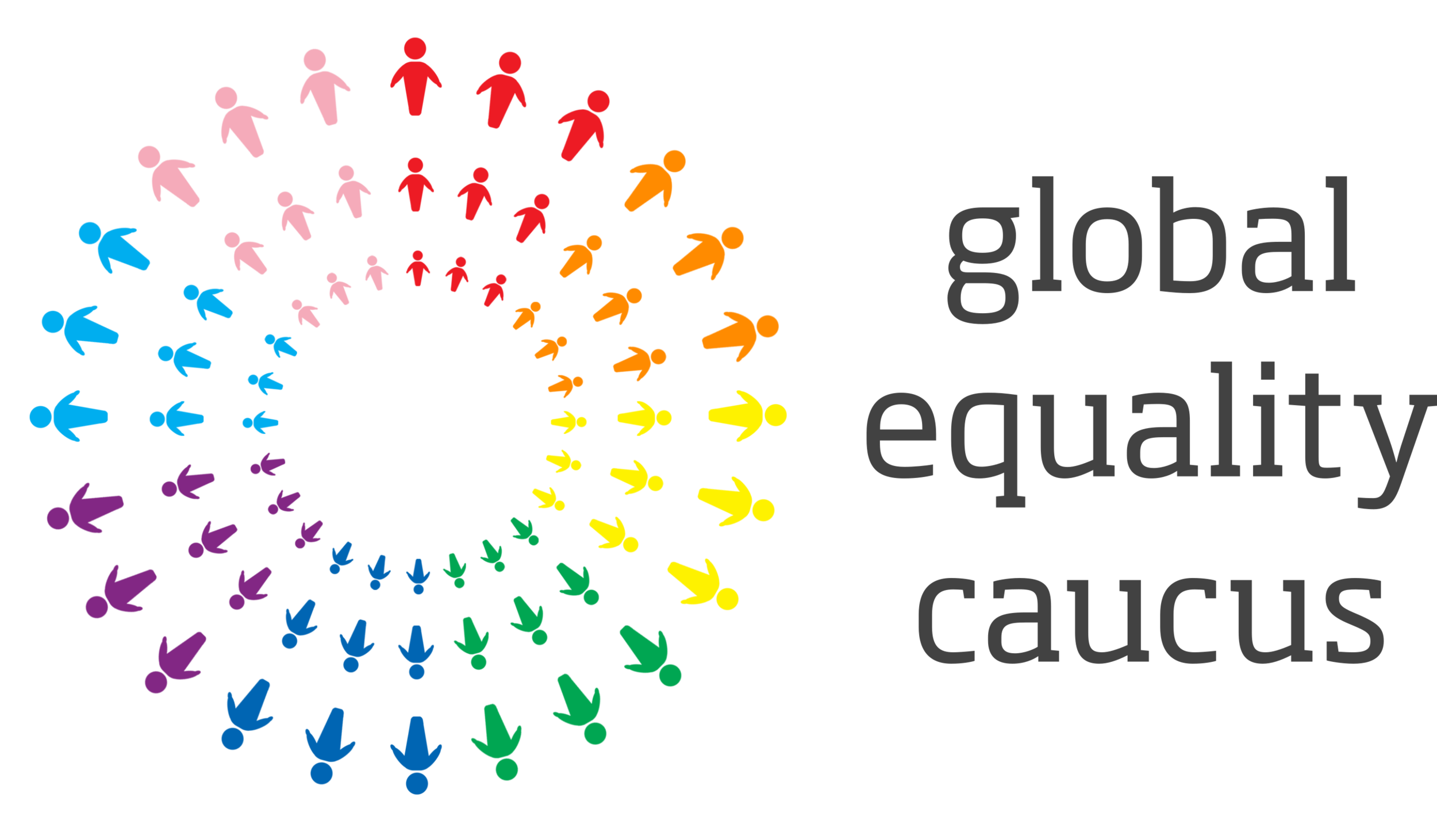The importance of testing and knowing your status
One in two people living with HIV in the EU/EEA are diagnosed late in the course of their infection.
In Asia-Pacific, nearly all new HIV infections are among key populations and their partners. Across the region it is estimated by WHO only 75% of people living with HIV are aware of their status, compared to 81% globally.
Testing for HIV is an entry point to treatment and care. Transmission can be prevented by getting more people onto effective treatment and through tracing their contacts.
Testing for other sexually transmitted infections
Being infected with another sexually transmitted infection can increase the likelihood of contracting HIV and make it easier to transmit – for example, through a sore, ulcer or break in the skin.
Some viruses may also have common modes of transmission, such as viral hepatitis.
It is important that STI and HIV testing go hand in hand to ensure cases are picked up.
EFFECT OF COVID-19 ON TESTING CAPACITY
HIV testing services have been badly affected by the COVID-19 pandemic:
Lack of appointment slots in clinics
Closure of community testing sites
Redeployment of healthcare workers
Significant reduction in levels of testing
While testing services and capacity have started to recover since the onset of the pandemic, health services continue to be stretched. This has been highlighted by the response to the spread of the mpox virus, with sexual health clinics cancelling services to prioritise vaccination programmes.
THE CHALLENGES OF TESTING
Knowing one’s HIV status is the most fundamental part of prevention, yet multiple barriers stop people from accessing testing services:
Cultural attitudes that stigmatise people diagnosed with HIV
Legal barriers and discriminatory policies against key populations
Lack of sexual health services, especially in rural areas, and of standardised care
Lack of anonymised testing and fear of prejudice from local doctors
Limited funding for free testing
Laws restricting at-home testing
HOW TO WIDEN ACCESS TO TESTING
The WHO recommends diversifying access, with lawmakers encouraged to implement a range of HIV testing approaches:
Facility-based testing
Community-based testing
At-home testing kits
Partner services
Social network-based testing
Globally there has been limited implementation of differentiated approaches. Self-testing in particular is limited by regulatory and legal barriers, which some countries are now seeking to address.
WHAT CAN LEGISLATORS DO?
Approve a national testing strategy that incorporates a monitoring and evaluation framework
Provide resources for clinics and NGOs to expand community-based testing
Address stigma of HIV testing through dialogue with community-based organisations best placed to reach diverse populations
Approve a regulatory framework for testing outside of clinical settings, legalising self-testing and online delivery models
Ensure home testing kits are affordable and available
Normalise routine HIV testing in all healthcare settings, such as in primary care and in pharmacies
Press governments to ensure they are on track to meet the 95-95-95 targets by 2025
USEFUL LINKS AND RESOURCES
https://www.unaids.org/sites/default/files/hiv-testing-what-you-need-to-know_en.pdf
https://www.ecdc.europa.eu/en/all-topics-zhiv-infection-and-aidsprevention-and-control/hiv-testing
https://hivinfo.nih.gov/understanding-hiv/fact-sheets/hiv-and-sexually-transmitted-diseases-stds
https://www.cdc.gov/std/hiv/stdfact-std-hiv-detailed.htm
https://www.ncbi.nlm.nih.gov/pmc/articles/PMC7693166/
https://bmcpublichealth.biomedcentral.com/articles/10.1186/s12889-022-12761-5
https://www.unaids.org/sites/default/files/HRV_narrative_report_2016.pdf
https://health.ec.europa.eu/system/files/2016-11/ev_20160419_co06b_en_0.pdf
https://region-hovedstaden-ekstern.23video.com/po3-3-bogdanicmp4mp4
https://www.beintheknow.org/news-and-blogs/online-hiv-self-testing-shows-promise-philippines


